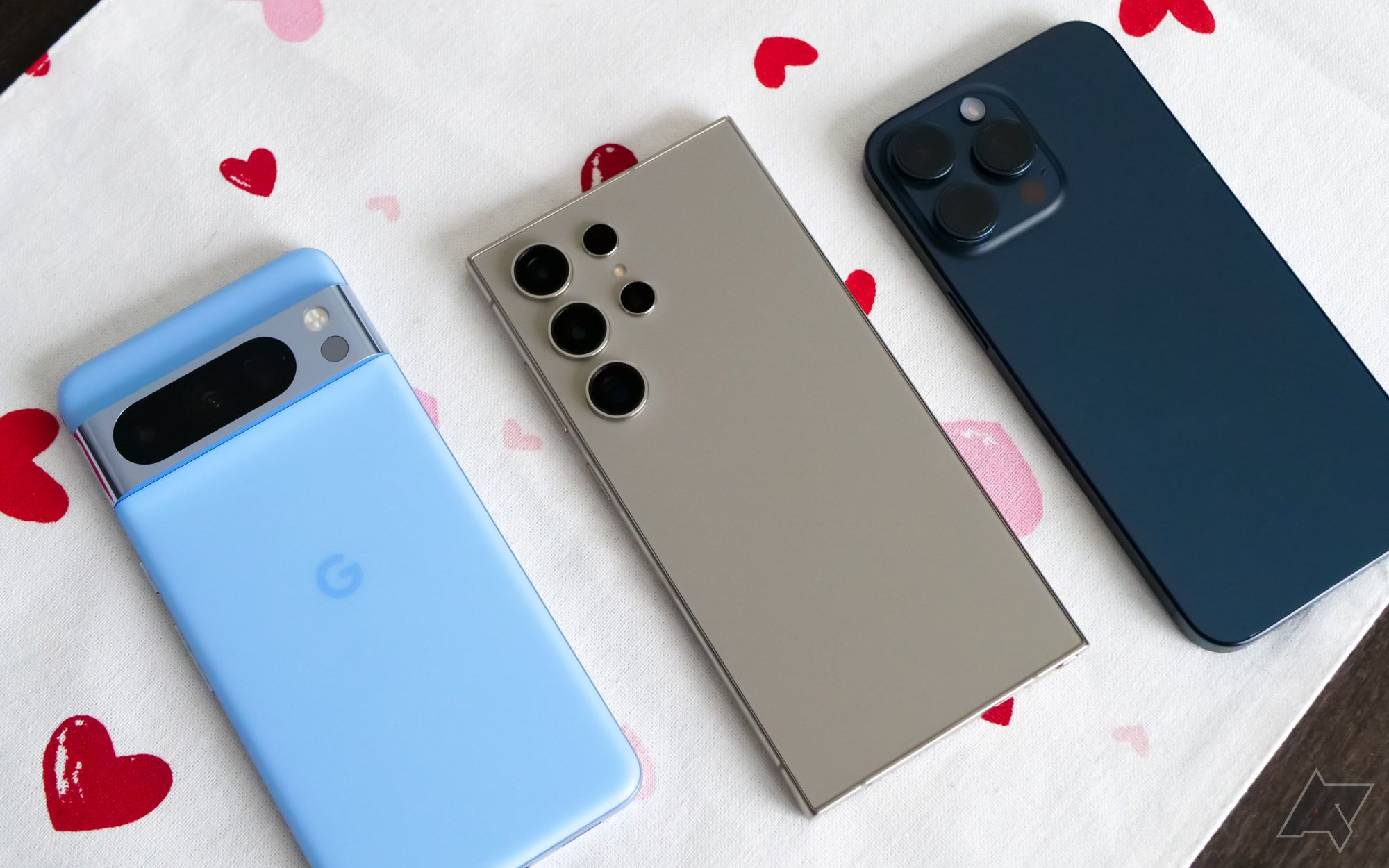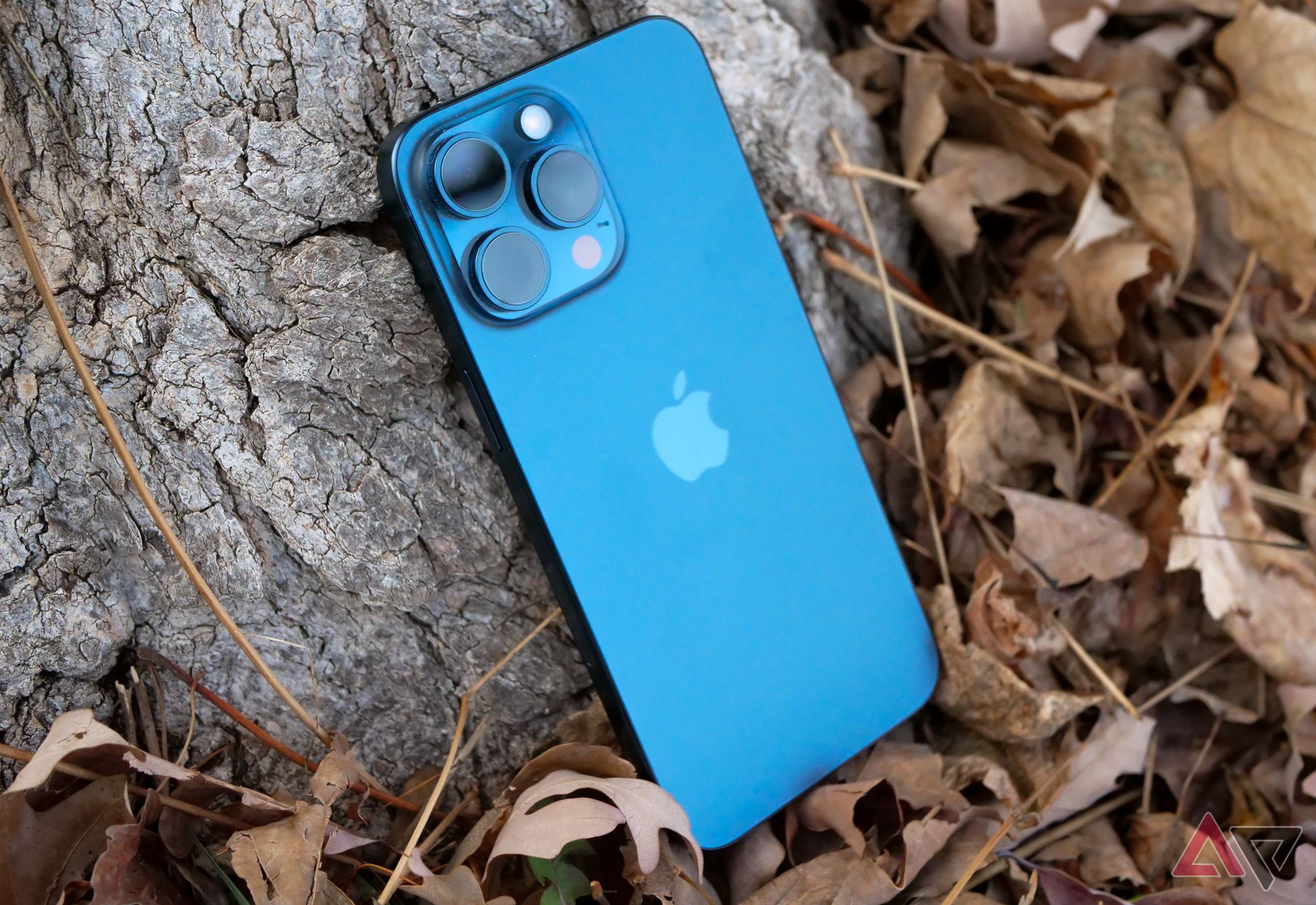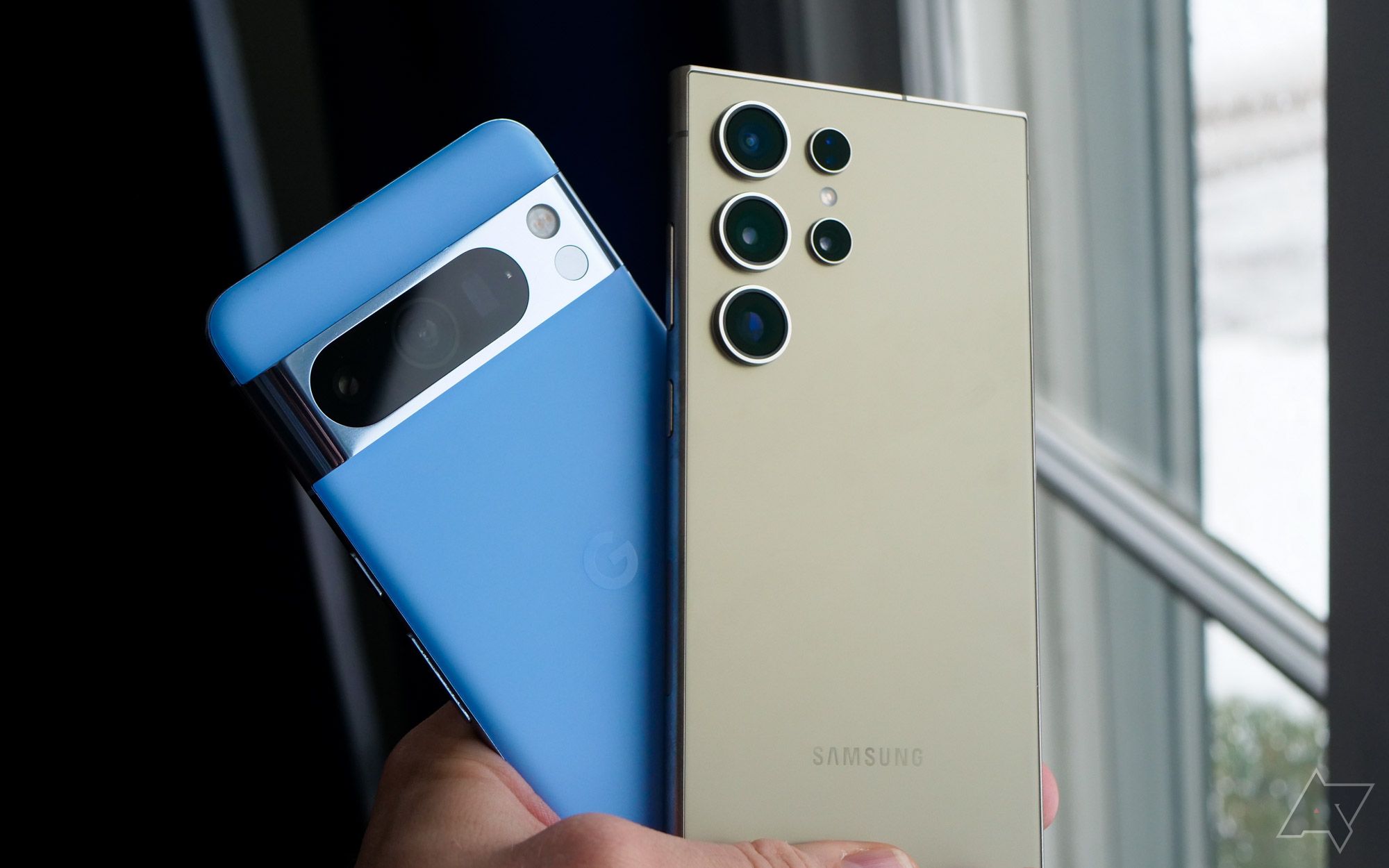Apple devices are known for receiving excellent software support, but the best Android phones started giving the iPhone some real competition this generation. First, Google promised seven years of full OS updates to Pixel 8 and Pixel 8 Pro buyers late last year, and extended that promise to cover the Pixel 8a more recently. Samsung matched that with the Galaxy S24 series, too.
Apple doesn’t usually disclose exactly how many software updates an iPhone will get, but that changed this year, as the company publicly promised to give iPhone 15 buyers five years of iOS updates. That leaves us with a simple question: are five years enough? Let’s unpack Apple’s promise, and find out if it holds up in 2024.

Apple admits the Pixel 8 has longer guaranteed software support than the iPhone
The iPhone 15 has just five years of promised updates — two less than what Samsung or Google provide
This commitment doesn’t mean much
It’s just Apple’s way of complying with a new law — nothing more
It’s important to start by recognizing the difference between the claims made by Apple, Google, and Samsung about their software update guarantees. Google and Samsung made their promise as a marketing move, openly telling consumers directly how long their Pixel or Galaxy phone will be supported.
Apple didn’t do the same thing. Instead, the company released its software update guarantee to comply with the United Kingdom’s new Product Security and Telecommunications Infrastructure policy. Apple also clearly refers to the iPhone 15’s update promise as the “minimum” number of updates it will receive.

iPhone 15 Pro Max review: The phone everyone else is choosing
The bubbles might be bluer, but is the grass greener?
Chances are, Apple simply doesn’t want to over-promise and under-deliver — especially if it could be held legally responsible for not upholding its guarantee. The company has a history of providing longer support windows than just five years, and there’s no reason to suggest that’s changing now.
Early iPhones supported only three years of iOS updates, but Apple improved support fast. Every iPhone model released after the iPhone 6 received six or more iOS updates. Some have received seven, and the most recent iPhone to only get five came out in 2014.
For a decade, Apple provided iPhones with six or more software updates, but it hasn’t exactly been consistent. The reality is there’s no way to know how long Apple will support your iPhone when you buy it. You just have to wait until Apple releases a new update, like when it previewed iOS 18 at WWDC and didn’t drop any iPhone models from the list of supported devices.
Now, you’ll at least know you’re getting five years of iOS updates when you buy an iPhone 15. It’s tough to say for sure if Apple will give the iPhone 15 more updates, but its track record suggests that it’s likely.
I want companies to know when to pull the plug
Please, don’t give my phone an update it can’t handle
There’s a big thing to consider when evaluating software update promises; no company is clairvoyant: How do Apple, Google, and Samsung know the internal components of their flagship phones will support software that hasn’t been invented yet? The answer is they can’t know for sure.
This dilemma could force companies to take one of two approaches to software updates. The first is they can make new features exclusive to certain devices, which in my opinion, completely goes against the spirit of a software update guarantee. If all the best features don’t work on old phones, what’s the point?
Somehow, the second approach is worse. Companies could ship updates to phones they know can’t run the latest version of Android or iOS — user experience be damned. This feels especially relevant when talking about Apple and iOS.
If you recall, Apple agreed to pay $500 million to users in a settlement for its “Batterygate” controversy. The company intentionally slowed down older iPhones after they received new software updates. The intention, according to Apple, was to account for the performance and battery life hit that came from older devices running newer iOS versions.
I’d rather companies just say enough is enough, and stop pushing software updates to phones that can’t run them. An iPhone or an Android phone can run on an old version of iOS or Android for years with no problems, especially if they’re still receiving security updates. But if an aging phone receives a demanding software update, performance can slow to a halt.
With these promises, Google and Samsung have an obligation to give their phones seven years of updates, whether they can handle them or not.
In some ways, Apple’s conservative five-year guarantee could benefit consumers in the long run. An iPhone 15 that’s two years removed from receiving iOS upgrades could perform better than a Pixel 8 or Galaxy S24 that’s overwhelmed by Android in 2030.
Google and Samsung’s promises are off to a rocky start
You’ll get seven years of OS upgrades — if your phone lasts that long
If hardware is the limiting factor for OS updates, that’s not good news for Pixel and Galaxy owners. Google has a problem with its Tensor G3 processors that were well behind the curve when they were brand new. Who knows what they’ll look like when they’re seven years old.
Samsung has the processor situation covered, since it’s using Qualcomm’s flagship Snapdragon 8 Gen 3 for Galaxy chipset. However, you have to hope your Galaxy phone doesn’t need to be repaired. Samsung and iFixit severed their parts deal, Best Buy’s Geek Squad stopped repairing Galaxy phones, and Samsung repair contractors have questionable reputations.
It all boils down to this — there’s a slim chance you’ll actually want to use the smartphone you bought today when it’s seven years old. Whether it’s because something broke and you can’t fix it, or because it’s just slowing down, something will likely push you to upgrade sooner.
If that’s the case, the entire point is moot. That’s why Apple’s five-year promise is more than enough for most consumers. We can give props to Android phone manufacturers for improving, while also acknowledging that the seven-year promise is unlikely to matter much in the long run.

Google Pixel 8 Pro
The Google Pixel 8 Pro is the company’s latest flagship, boasting a new Tensor G3 chip, a brighter screen, and a new camera array capable of capturing even more light. As usual, the real power lies in Google’s Tensor chip, which offers even more photo enhancement and image editing features.

When it comes to phone repairs, Samsung users are in an increasingly tough spot
Repairability options for Samsung phones dwindled virtually overnight — what now?






